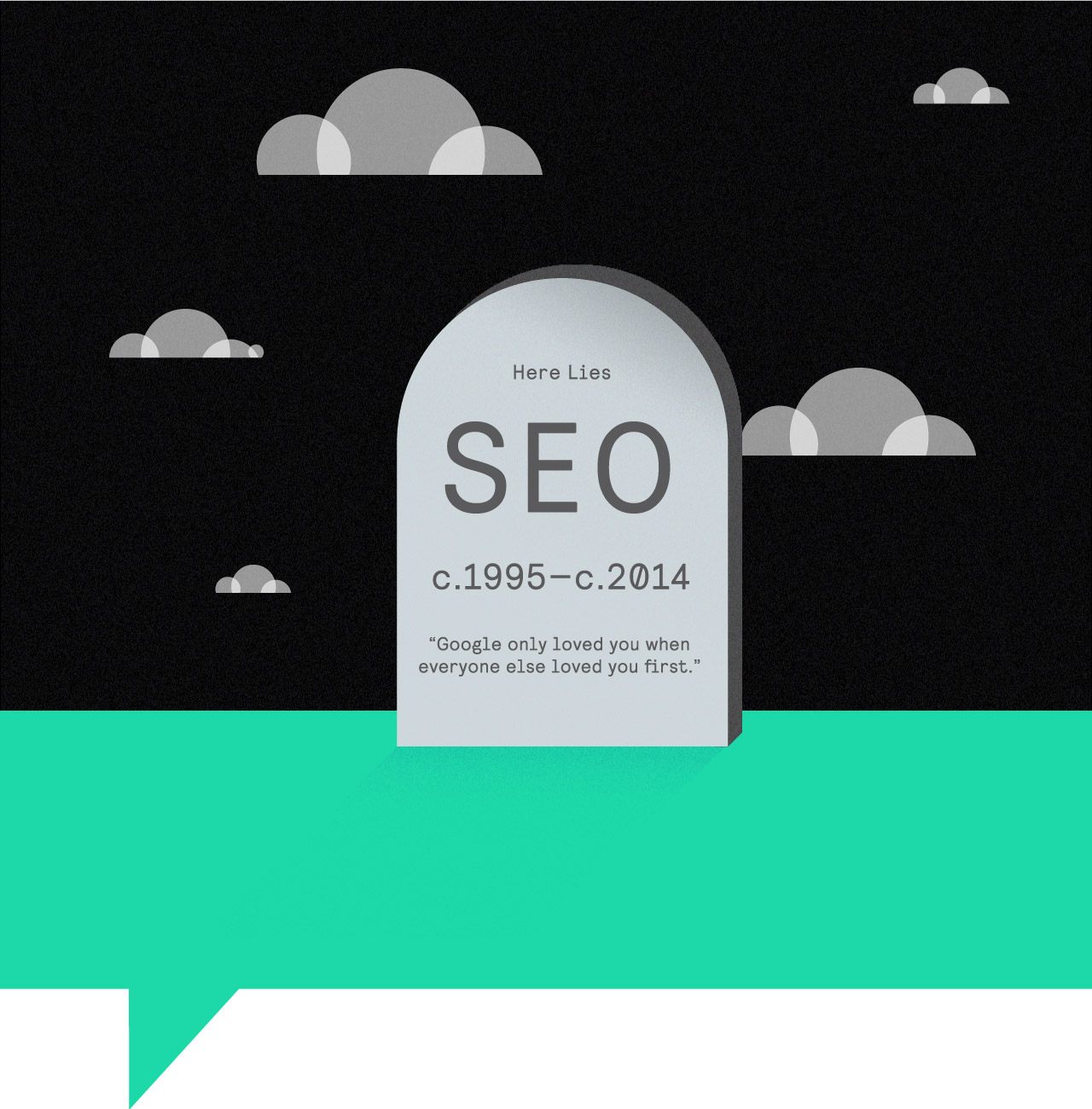B2B Branding: Talking to Humans, not Econs.
“We’re human beings”. Not a radical statement by any means, but it’s a refreshing reminder in the B2B branding space.
“We’re human beings”. Not a radical statement by any means, but it’s a refreshing reminder in the B2B branding space.
This unobtrusive reminder came across my desk as I read Thinking, Fast and Slow by Daniel Kahneman (his twitter is the biggest digital flex known to man). If you haven’t read it, I advise you to. The Nobel Laureate has myriad points re: human nature, and though they’re specifically in the context of economics, I’ve found they apply broadly, even universally. One of many such salient points is that while we like to think of ourselves as purely rational, sensible and objective beings, we are, simply, not. We’re all emotionally driven beings. And that’s about as salient a point in branding as it is in economics.
It used to be that businesses that serviced other businesses would sell themselves on bottom-line tactics. Rational factors and actors ostensibly cut out the frilly BS, allowing professionals to make decisions based on cold, hard data. “Will this product/service/agent deliver the results I need, and will they do it for the best price possible?” were apparently the only questions on the minds of professional clients.
As a result, B2B branding has been about carving out positions centred around terms such as, “professional” “quality” and “service” and developing a tone which has been formal and non-specific—generic, bland, too safe. B2B brands too often didn’t concern themselves with having a connection—or even a tangible meaning—that linked them to their brand’s positioning. This generic, too safe approach has meant often simplistic and traditional marketing, creating a sector of the market probably best described as damn boring.
Basically, we’d gone and squeezed all the personality out of the sector. Initially, businesses found it hard to distinguish themselves in the marketplace as distinct companies, and are consequently often lost in the woods when it comes to promoting any differentiating factors. Which is dangerous stuff, considering the distinct reality of B2B purchase decisions:
Making a B2B purchase decision involves personal risks—far greater than majority of B2C purchases. —Google
But then so of course, brands still do want to demonstrate the value of their service to clients’ businesses. So, equipped with precisely no consumer-based insights on audience desires or behaviours as humans (that’s as opposed to as Econs), brands are forced to rely on tired, soulless and largely irrelevant marketing buzzwords and effusive, loquacious text full of empty rhetoric weasel words like “accelerate”, “transform” and “passion”. This has the effect of reducing rather than enhancing differences. Everyone toes the industry line – basically business communication propaganda.
A quick experiment reveals the extent to which corporatese has pervaded the marketplace: a comparison of some of the key terms was run through Google against mentions of our Lord and Saviour, the results are startling.
“Cutting Edge”, “Advanced Technology” and “State of the Art” scored 114 million, 420 million and 608 million respectively. Jesus Christ on the other hand, 589 million.
These phases are so overused they end up being tired, cliche, and the very language of mediocrity.
The digital (read: social media) age is quickly dragging with it a new age of B2B branding. Where brands could once afford to be rhetorical and economic, they’re now subjected to public opinion, scrutiny and feedback. Tone of voice and the competent structure and delivery of messaging is more important now than ever. Think of how many of your favourite brands now talk to you on a daily basis. And while the B2B business might have dragged its knuckles initially, the times, as Bob Dylan so famously said, they are a changin‘.
75% of buyers would like marketers to “curb the sales messaging”—DemandGen Report
A quick look into those leading the world of B2B branding will reveal those who started swimming, and those who have sunk like the proverbial stones. Just look at what Interbrand did for Telstra, then go find out how the rest of the industry started to follow suit. An indirect sales approach will bear fruit more effectively if customers/ Key Opinion Leaders (KOLs) are singing their praises – that’s half the battle won.
Moral of the story? Quit telling people how good you are, let your success do the talking. And if you are going to talk about yourself, don’t forget: even if they are doing a job, you’re still talking to a human being. Treat them as you yourself would want to be treated.
That’s what Jesus would do.



